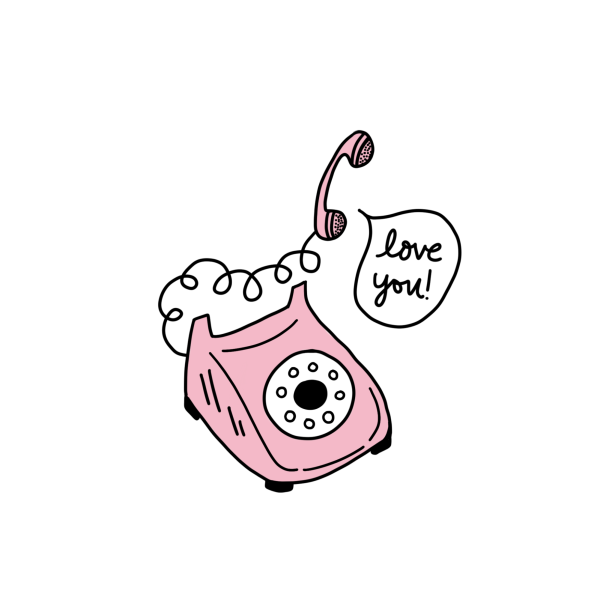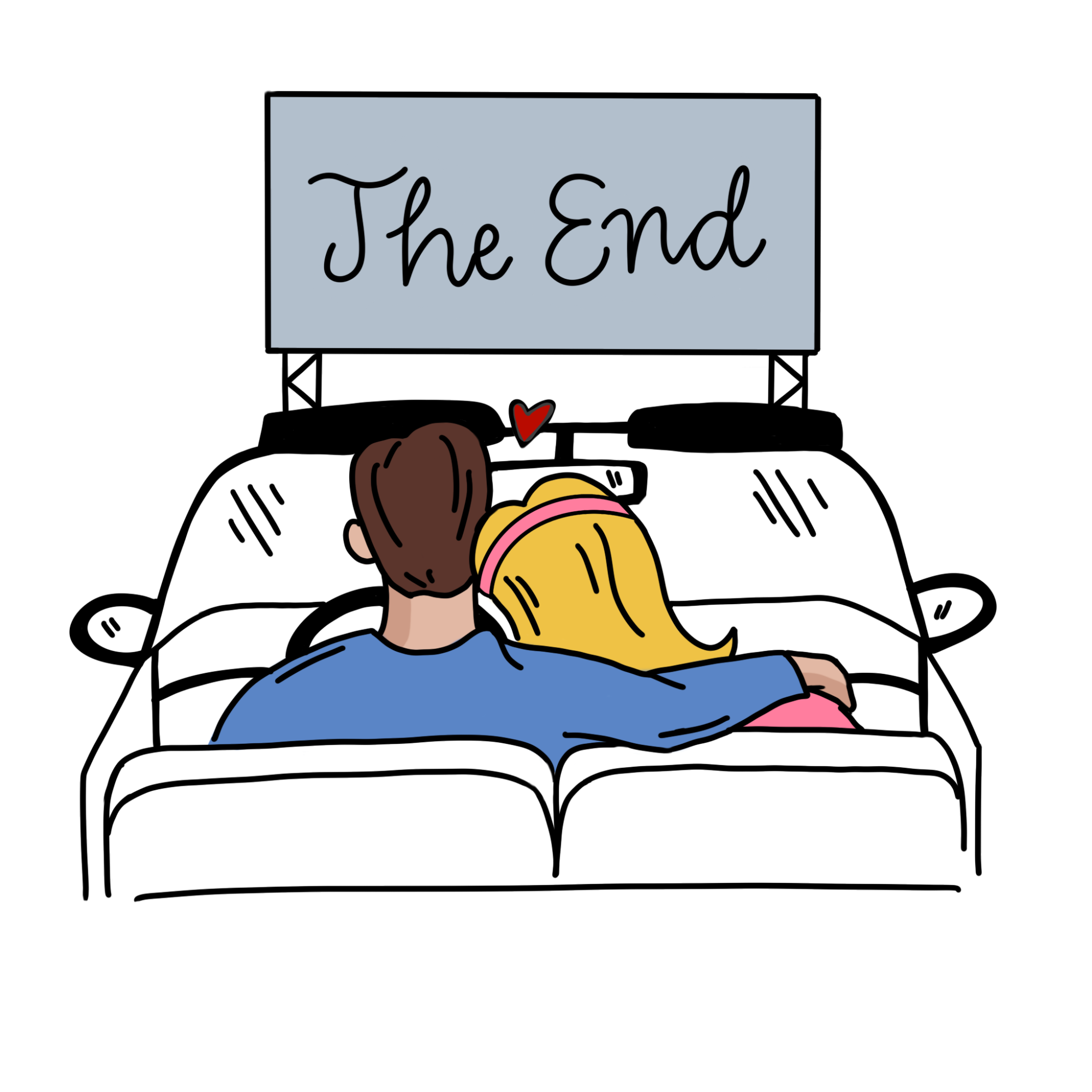From humble beginnings as a small teachers college, App State has emerged as a harbinger of knowledge and learning in the mountains. However, in the beginning, the university had far more rules than the 2024 students are used to.
It seems commonplace now to head out of the dorm or apartment for a date whenever, without a curfew or rules. But, in the not so distant past, App State issued student handbooks that featured an outline of rules and regulations about dating, specifically for women.

Located on the fourth floor of the library is any history buff’s wonderland: The Special Collections Research Center. In this area of the library there are archives and books highlighting the history of App State, Boone and the greater Appalachian region.
Amongst the wealth of information in the special archives is a series of old handbooks from the 1900s that outline rules for student conduct, including rules around dating. So, let’s take a trip back in time to see what it may have been like to date at App State many decades ago.
The rules surrounding dating, as outlined in a 1948-49 handbook, start strict right off the bat.
The book states the number of dates allowed per week was based upon class year. Freshman girls were allowed one date per week, sophomores two, juniors three and seniors had no limit. It is interesting to note that there were no rules outlined for the number of dates men could go on per week.
Not only were there rules regulating the number of dates girls could go on, but there were also regulations about where these dates could take place.
The same handbook states, “All dating is carried on in the dormitory living rooms and the Assembly Hall.” It also clarifies no dates are permitted on evenings where there are other campus events “of general interest” scheduled. All dates were to begin at 8 p.m. and conclude by 10 p.m., and “conventional conduct” was expected. The dates were monitored by the matrons of the dormitory, or, in other words, the dorm mom.
The handbook continued to include rules about movie privileges. Drive-in movies were popular in the 40s and 50s, and Boone had its very own drive-in theater at the time called Sky-Vu.
In order to obtain permission to see a movie, all girls were first required to maintain at least a “C” average grade in their coursework over the six weeks preceding the movie. If their grades were in shape, they then had to obtain permission from their parents to leave campus. The same limits to the number of dates applied to seeing movies; freshmen were allowed one movie per week, sophomores two, etc. Girls had to return to the dorms by 9:20 p.m. and were allowed these privileges only on weekdays.
Samantha Burnette, a graduate student studying history, looked into these dating rules when prompted to choose two topics related to the history of App State for a class assignment. She said she stumbled upon them when she saw a timeline on the Special Collections website that discussed student protests regarding social rules. She was unable to find much information about these protests, but instead uncovered the rules they were protesting.
“At the time, it was pretty common to have these really strict rules,” Burnette said. “You know, in an area like Boone that was very conservative, parents were hesitant to send their daughters off to school so at the time it was very common to have that paternal idea that women needed to be protected.”
While it seems hard to imagine these types of regulations in the current world, it wasn’t long ago that these rules were still in place.
“The last rules I could find was from 1960-61 in a women’s dormitory handbook,” Burnette said. “Up through the 60s, women were still limited to when they could even wear pants to classes or the library.”

When she realized how recently these rules were in place, Burnette said she was absolutely shocked. The more she researched, the more regulations she found. In fact, women still weren’t allowed to have cars on campus through the 60s.
“To see that this went on through the 60s, and then seeing that Bruce Springsteen performed on campus in 1976, just a few years after these rules were abolished, and then to think, he’s still touring now is just crazy,” Burnette said.


